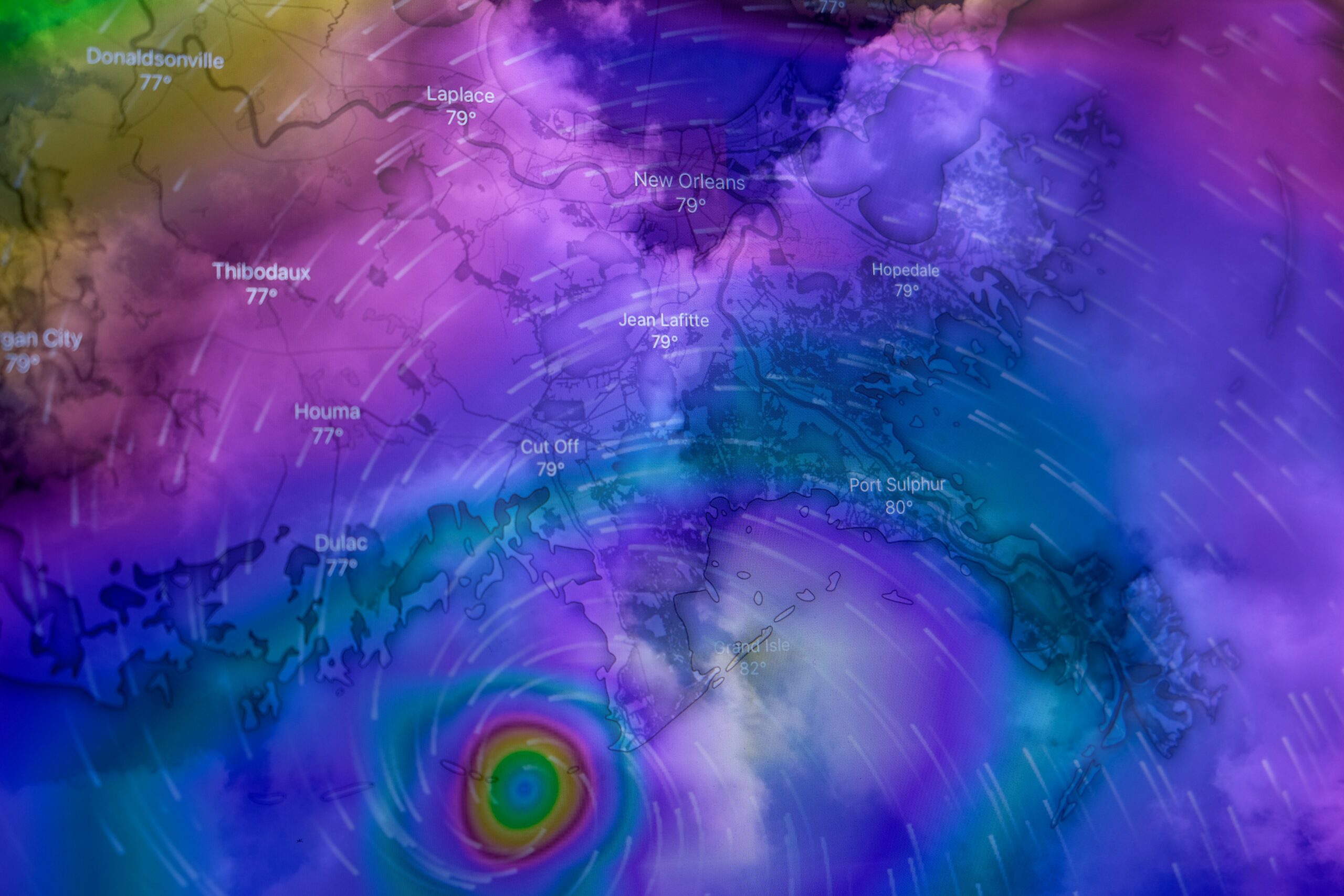
Google’s DeepMind team has introduced GenCast, an artificial intelligence-based weather prediction model, which reportedly outperforms the European Centre for Medium-Range Weather Forecasts’ (ECMWF) ENS, often considered the gold standard in weather forecasting.
According to DeepMind’s research, GenCast offers faster and more precise predictions, particularly for day-to-day weather and extreme events like hurricanes and cyclones, offering accuracy improvements of up to 20 percent over ENS.
GenCast employs a unique ensemble approach, generating 50 or more forecasts to outline potential weather trajectories as probabilities. Unlike its predecessor, GraphCast, which delivered a single best-guess forecast, this probabilistic methodology allows for a nuanced understanding of weather scenarios. DeepMind tested GenCast against ENS using weather data from 2019 and concluded that GenCast delivered more accurate forecasts in 97.2% of comparisons.
The model’s capabilities extend to predicting extreme events, including hurricanes and cyclones, up to 15 days in advance with enhanced accuracy. GenCast produces global forecasts at a resolution of 28km by 28km for 12-hour intervals. Additionally, it operates far more efficiently than traditional physics-based systems, requiring only eight minutes on Google’s Cloud TPU hardware compared to hours on supercomputers.
Bridging AI and Traditional Forecasting
While some experts see GenCast as a step toward a broader adoption of AI in meteorology, it is not expected to replace traditional methods immediately. Instead, it complements existing systems, offering insights into extreme weather conditions and aiding industries such as energy in anticipating operational impacts like wind farm energy outputs.
DeepMind researchers trained GenCast using 40 years of historical weather data (1979–2018), integrating physical simulations and observational data to refine its predictive capabilities. Despite its impressive performance, experts remain cautious. Questions about GenCast’s ability to capture phenomena like the “butterfly effect”—the amplification of minor uncertainties into significant forecast divergences—highlight the challenges of ensemble forecasting with machine learning.
The broader meteorological community has expressed optimism about GenCast. Steven Ramsdale of the UK Met Office praised the advancements, while the ECMWF acknowledged its potential as a major breakthrough, noting that some of GenCast’s components are already integrated into their own AI systems.
However, researchers like Sarah Dance from the University of Reading emphasized that fully replacing physics-based forecasts remains a distant goal. Machine learning models, including GenCast, still rely on physics-based “hindcasts” to fill gaps in historical datasets, and questions about their standalone reliability persist.
For now, GenCast represents a critical milestone, positioning AI as a transformative tool in weather forecasting. With Google incorporating its forecasts into platforms like Search and Maps, and planning to release real-time and historical data for public use, the practical applications of AI in meteorology are set to expand.
Featured Image courtesy of Brian McGowan on Unsplash
Follow us for more tech news updates.
